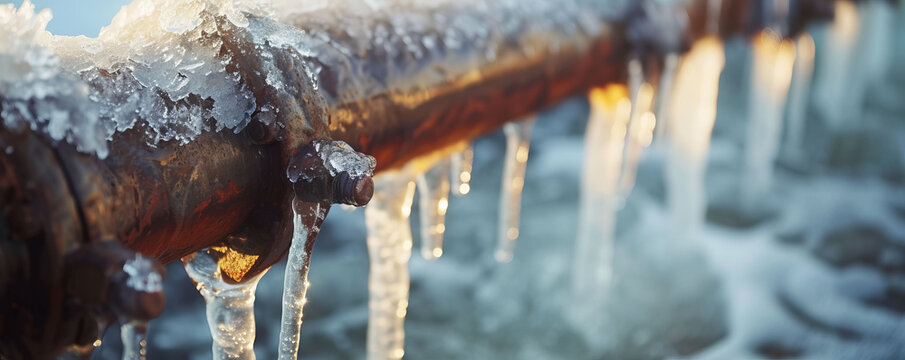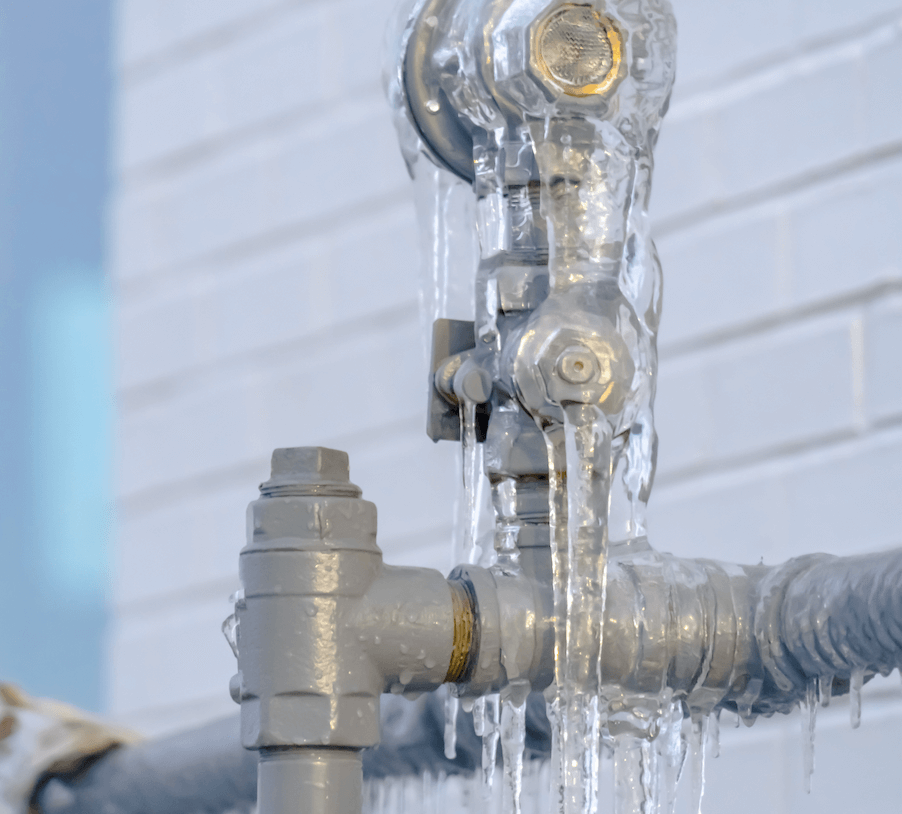Tips to Avoid Frozen Pipes in Cold Weather: Professional Guidance
Tips to Avoid Frozen Pipes in Cold Weather: Professional Guidance
Blog Article
Are you hunting for help and advice on How to Prevent Your Pipes From Freezing?

Cold weather can damage your pipes, especially by freezing pipes. Right here's exactly how to avoid it from happening and what to do if it does.
Introduction
As temperature levels decline, the threat of icy pipes increases, possibly causing expensive repair work and water damages. Recognizing just how to avoid icy pipes is critical for homeowners in cold environments.
Recognizing Frozen Pipes
What triggers pipelines to ice up?
Pipelines freeze when exposed to temperatures listed below 32 ° F (0 ° C) for extended durations. As water inside the pipes ices up, it expands, taxing the pipeline walls and possibly causing them to rupture.
Threats and damages
Icy pipelines can result in water supply interruptions, home damages, and pricey repairs. Burst pipes can flood homes and trigger considerable architectural damages.
Indicators of Frozen Piping
Identifying icy pipelines early can stop them from breaking.
Just how to recognize icy pipes
Search for decreased water circulation from taps, uncommon odors or noises from pipelines, and visible frost on exposed pipelines.
Avoidance Tips
Protecting vulnerable pipelines
Wrap pipes in insulation sleeves or make use of warm tape to protect them from freezing temperature levels. Focus on pipelines in unheated or outside locations of the home.
Heating techniques
Maintain interior rooms appropriately heated up, especially locations with plumbing. Open up cabinet doors to permit cozy air to flow around pipelines under sinks.
Protecting Outside Pipes
Yard pipes and outdoor taps
Disconnect and drain pipes yard tubes before wintertime. Set up frost-proof spigots or cover exterior faucets with shielded caps.
What to Do If Your Pipes Freeze
Immediate activities to take
If you presume frozen pipelines, maintain faucets open up to soothe stress as the ice melts. Utilize a hairdryer or towels soaked in warm water to thaw pipes slowly.
Long-Term Solutions
Structural adjustments
Take into consideration rerouting pipes away from exterior walls or unheated locations. Include additional insulation to attic rooms, cellars, and crawl spaces.
Updating insulation
Purchase high-grade insulation for pipelines, attic rooms, and wall surfaces. Correct insulation aids preserve constant temperatures and reduces the threat of icy pipelines.
Final thought
Stopping frozen pipes calls for proactive measures and quick feedbacks. By recognizing the reasons, indications, and preventive measures, homeowners can protect their pipes throughout cold weather.
Helpful Tips to Prevent Frozen Pipes this Winter
UNDERSTANDING THE BASICS: WHY PIPES FREEZE AND WHY IT’S A PROBLEM
Water freezing inside pipes is common during the winter months, but understanding why pipes freeze, and the potential problems it can cause is crucial in preventing such incidents. This section will delve into the basics of why pipes freeze and the associated problems that may arise.
THE SCIENCE BEHIND FROZEN PIPES
When water reaches freezing temperatures, it undergoes a physical transformation and solidifies into ice. This expansion of water as it freezes is the primary reason pipes can burst. As the water inside the pipe freezes, it expands, creating immense pressure on the walls. If the pressure becomes too great, the pipe can crack or rupture, leading to leaks and water damage.
FACTORS THAT CONTRIBUTE TO PIPE FREEZING
Low Temperatures: Extremely cold weather, especially below freezing, increases the risk of pipes freezing. Uninsulated or Poorly Insulated Pipes: Pipes located in unheated areas, such as basements, crawl spaces, or attics, are more prone to freezing. Insufficient insulation or lack of insulation altogether exacerbates the problem. Exterior Wall Exposure: Pipes running along exterior walls are susceptible to freezing as they encounter colder temperatures outside. Lack of Heating or Temperature Regulation: Inadequate heating or inconsistent temperature control in your home can contribute to frozen pipes. PROBLEMS CAUSED BY FROZEN PIPES
- Pipe Bursting: As mentioned earlier, the expansion of water as it freezes can cause pipes to burst, resulting in significant water damage.
- Water Damage: When pipes burst, it can lead to flooding and water damage to your property, including walls, ceilings, flooring, and personal belongings.
- Structural Damage: Prolonged exposure to water from burst pipes can compromise the structural integrity of your home, leading to costly repairs.
- Mold and Mildew Growth: Excess moisture from water damage can create a favorable environment for mold and mildew growth, posing health risks to occupants.
- Disrupted Water Supply: Frozen pipes can also result in a complete or partial loss of water supply until the issue is resolved.
WHY CERTAIN PIPES ARE MORE PRONE TO FREEZING
- Location: Pipes located in unheated or poorly insulated areas, such as basements, crawl spaces, attics, or exterior walls, are at higher risk of freezing.
- Exterior Pipes: Outdoor pipes, such as those used for irrigation or exposed plumbing, are particularly vulnerable to freezing as they are directly exposed to the elements.
- Supply Lines: Pipes that carry water from the main water supply into your home, including the main water line, are critical to protect as freezing in these lines can affect your entire plumbing system.
- Underground Pipes: Pipes buried underground, such as those connected to sprinkler systems or outdoor faucets, can be susceptible to freezing if not properly insulated.
https://busybusy.com/blog/helpful-tips-to-prevent-frozen-pipes-this-winter/

Do you really like more info about Prevent Frozen Pipes ? Leave a short review further down. We'd be delighted to find out your views about this review. Hoping that you visit us again in the near future. I beg you take the time to promote this blog post if you liked it. Thanks so much for your time invested reading it.
About This Report this page